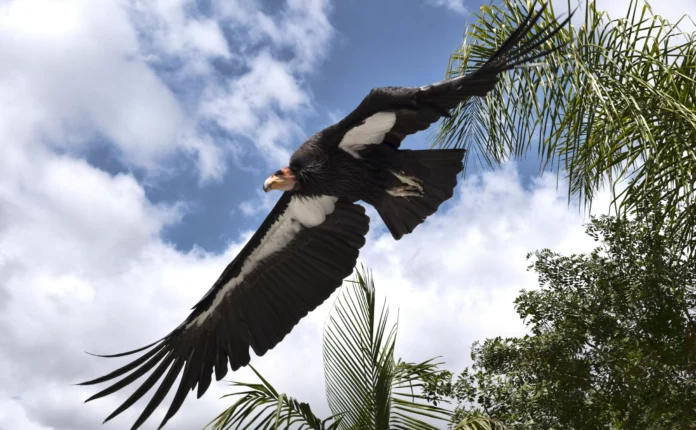The Trump administration has proposed a new rule that has sparked controversy and concern among environmentalists and animal rights activists. The draft rule, put forth by the Fish and Wildlife Service (FWS) and National Oceanic and Atmospheric Administration (NOAA), aims to loosen federal protections for endangered species by changing the current definition of “harm” under the Endangered Species Act. This move has raised questions about the government’s commitment to preserving and protecting our planet’s most vulnerable species.
The Endangered Species Act was established in 1973 with the goal of protecting and recovering species that are on the brink of extinction. It has been a crucial tool in preventing the extinction of hundreds of species, including the bald eagle, gray wolf, and humpback whale. The law prohibits any activity that would “harass, harm, pursue, hunt, shoot, wound, kill, trap” endangered species. However, under the new rule proposed by the Trump administration, the definition of “harm” would be significantly narrowed, making it easier for companies and individuals to carry out activities that could potentially harm these species.
The proposed rule would remove the phrase “significant habitat modification or degradation” from the definition of harm. This means that activities such as logging, mining, and oil and gas drilling, which may cause harm to the habitat of endangered species, would no longer be prohibited. This change would also allow the FWS and NOAA to consider economic factors when deciding whether to list a species as endangered or threatened, potentially prioritizing profit over the protection of these species.
Environmentalists and animal rights activists have raised concerns about the potential impact of this proposed rule. They argue that it would weaken the Endangered Species Act and put already vulnerable species at an even greater risk. The current definition of harm has been a crucial tool in preventing activities that could harm endangered species and their habitats. By loosening these protections, the Trump administration is putting the interests of businesses and industries above the well-being of our planet’s biodiversity.
Moreover, this proposed rule comes at a time when the world is facing a biodiversity crisis. According to a recent report by the United Nations, around one million species are at risk of extinction due to human activities such as deforestation, pollution, and overexploitation. The Endangered Species Act has been a crucial safeguard against these threats, and weakening it could have devastating consequences for our planet’s delicate ecosystems.
The Trump administration argues that the proposed rule will provide more flexibility for landowners and companies, allowing them to carry out economic activities without being hindered by strict regulations. They also claim that the current definition of harm is too broad and has been used to block projects that have minimal impact on endangered species. However, environmentalists and scientists disagree, stating that the proposed rule would make it easier for companies to exploit natural resources without considering the long-term consequences for endangered species and their habitats.
It is essential to remember that the protection of endangered species is not just about preserving wildlife; it is also about safeguarding our own future. Every species plays a crucial role in maintaining the balance of our ecosystems, and the loss of even one species can have a domino effect on the entire ecosystem. The proposed rule goes against the very purpose of the Endangered Species Act, which is to prevent the extinction of species and preserve our planet’s biodiversity for future generations.
In conclusion, the Trump administration’s proposed rule to loosen federal protections for endangered species is a cause for concern. It could have far-reaching consequences for our planet’s biodiversity and the delicate balance of our ecosystems. It is crucial for us to speak up and voice our concerns about this proposed rule, as the protection of endangered species is not just a moral obligation, but also a necessity for the well-being of our planet. We must urge the government to reconsider this rule and uphold the protection of endangered species as a top priority. Our planet’s future depends on it.

